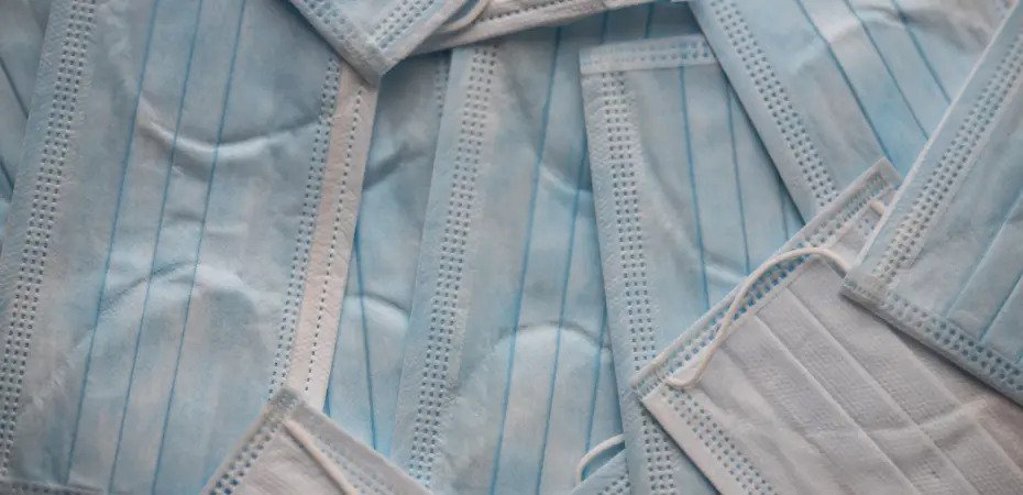On Aug. 29, Brock University announced that medical-grade masks will be required in all instructional spaces.
Brock University students that all “classrooms, lecture halls, seminars, teaching labs and other spaces when teaching by instructors is taking place” would require students to wear a mask, effective Sept. 6.
This came as a shock to many students at Brock, especially considering many other Ontario post-secondary institutions have dropped or paused their mask mandates across their campuses. Following the announcement, a divide in opinions could be found. While some students agreed with the choice that the institution was making, others held a more negative opinion of the decision.
“[COVID-19] has been evolving more serious strains, while simultaneously mandates [and] protections become lifted and people become less eager to get vaccinated. Or, it’s getting more serious, but people are getting less serious,” said Lou Losier, a third-year Concurrent Education student, in favour of the new measures.
When asked about their thoughts on the upset comments, Losier said that they experienced shock upon reading them for the first time.
“It’s such a dramatic shock from the ‘we’re all in this together’ attitude from the beginning of the pandemic; seeing people say ‘if you’re scared of [COVID-19] stay home’ is appalling,” said Lou. Losier went on to explain that they believe that such an opinion comes from a place of privilege and a “lack of empathy” for individuals who lose their lives due to an absence of protection.
Holding vastly different views on the subject, another student said that he was not surprised to discover Brock University would be re-instilling the mask mandate.
“[The mask mandate] seems fairly nonsensical, since it only applies to ‘instructional spaces.’” said Iain Lockhart, a fourth-year Concurrent Education student opposed to the new measures. He further reflected that from what he’s heard about other universities in Ontario, he would not be surprised if other factors, rather than the wants of students and staff, were considered more heavily.
“In all honesty, I don’t think Brock cares much for a few students’ grumbling or the inconvenience they’re placing on students, compared to the fuss an angry union or two could be capable of. […] The negotiations on whether to enact mandates probably went on for weeks [or] months and certainly included Public Health, and probably unions and other organizations too. Unless I haven’t been paying attention, the student body has been largely left out of the discussion,” said Lockhart.
Brock University’s announcement has had a polarizing effect on the student populace. The mask mandate that the University will be enforcing takes effect on Tuesday, Sept. 6, and applies to all instructional spaces.

